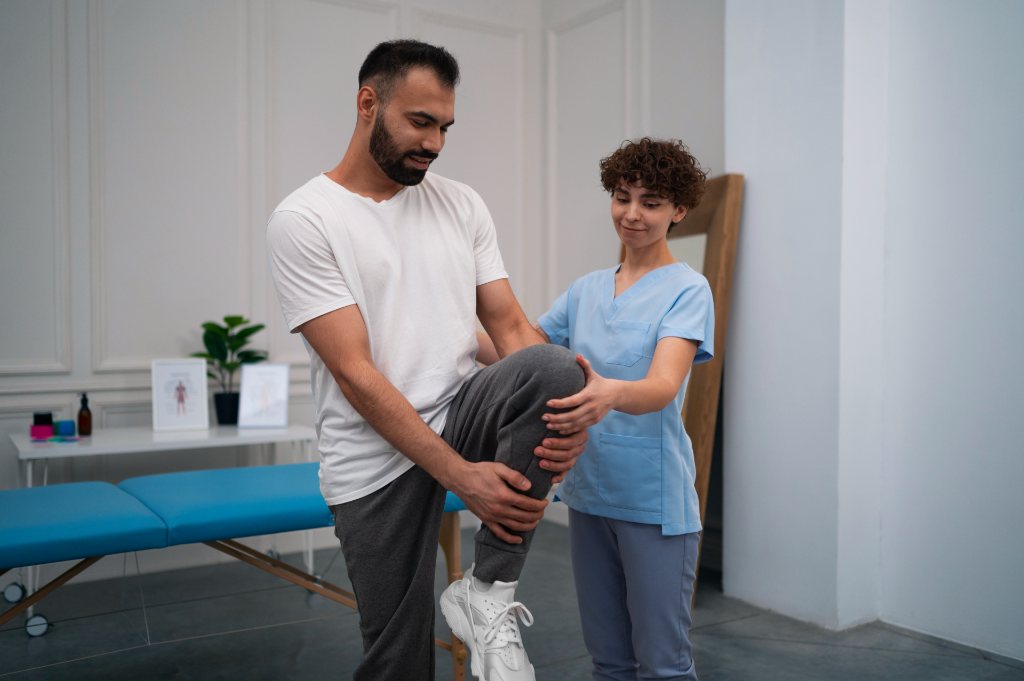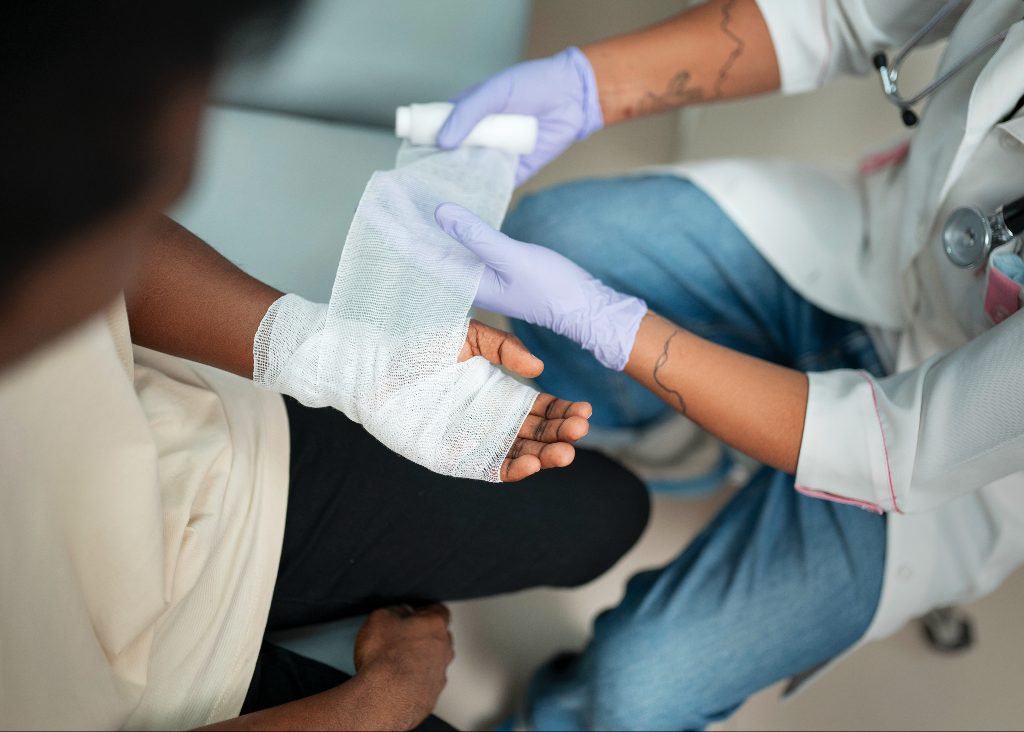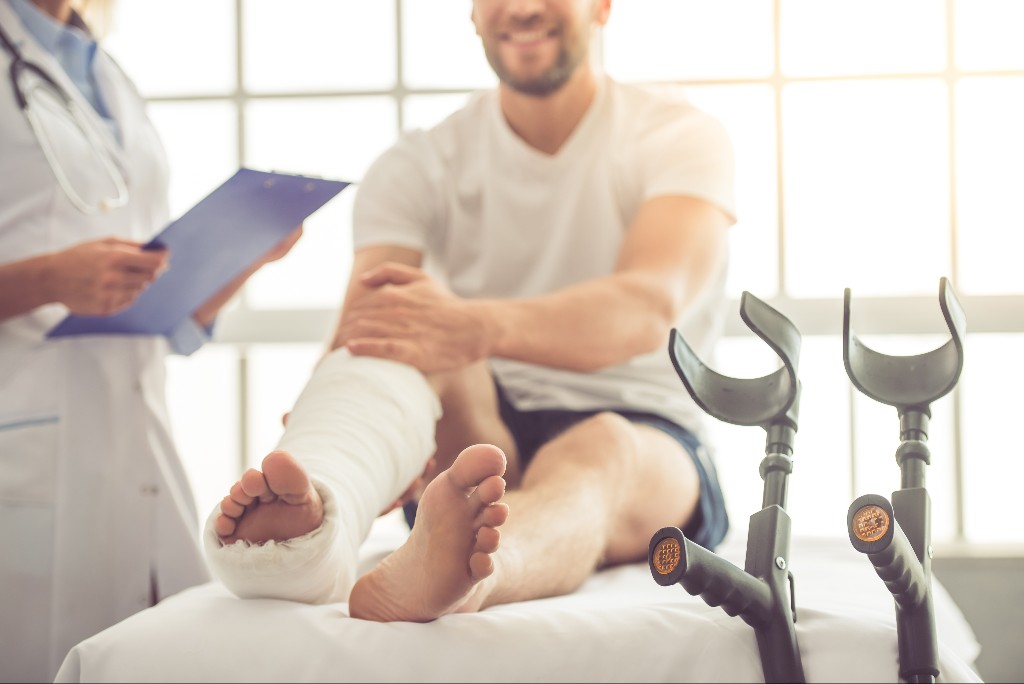When you think of common ailments caused by car accidents, things like whiplash and broken bones often come to mind. While these injuries are common, bodies can react to the trauma of an accident in many unexpected ways and you may begin to notice symptoms days or weeks after the accident has occurred. You may not think to associate stomach pain or GI issues such as diarrhea with your accident, but these commonly affect accident victims in a variety of ways.
Abdominal injuries can be severe or even life-threatening, meaning that as soon as symptoms begin appearing, you’ll want to visit an Atlanta Orthopedic specialist to rule out internal bleeding and organ damage. Even the slightest pain could be an indication of a larger issue that requires attention immediately.
Delayed Symptoms and Injuries
Often when you experience a car accident or other sudden trauma, your body begins to produce high amounts of adrenaline. This can cause you to not immediately feel pain that has resulted from an injury. Even once the adrenaline wears off, many people will experience medical shock, which shifts the body’s chemistry enough that you may not notice severe injuries.
As you begin to notice more of your body’s reactions, it is very common to experience abdominal pain, bruises or cuts on the area, and stomach related symptoms such as nausea, vomiting, and diarrhea. Even if your accident occurred hours or days ago, these symptoms should be treated as related and you should seek care from a skilled team of Atlanta orthopedic doctors and other medical professionals.
What Causes Abdominal Issues?
The main factor that contributes to risk in the abdomen is something called “Seat Belt Syndrome.” This is a term used to describe the way a body reacts to being pushed against a seatbelt during the abrupt stops of an accident. Seat Belt Syndrome can range in severity and sometimes causes only bruising or lacerations that heal over time. However, Seat Belt Syndrome can also cause serious issues like injuries to internal organs, fractures to the chest or neck, and bowel obstructions.
One of the most common dangers of Seat Belt Syndrome is the risk of internal bleeding. When an abdominal organ is ruptured, they will bleed profusely, filling the abdominal cavity with blood. The hemorrhage itself can be life-threatening and can cause systemic infections that worsen the condition. In fact, internal bleeding is an extremely common cause of death related to abdominal trauma as the damaged organs eventually fail to work.
In addition to internal bleeding, Seat Belt Syndrome can cause bowel obstructions and inflammation, other damage to the kidney and liver, and traumatic appendicitis. The spleen and pancreas are also susceptible to damage sustained due to impact.
Because their abdominal muscles aren’t fully developed and they may lack abdominal fat, children are more susceptible to these conditions than adults. If a child was involved in the car accident, monitoring them for any stomach pain, visible injuries, abdominal distension, and swelling in the abdomen can be critical to ensure they aren’t suffering from these injuries.
When Should I See a Doctor?
After a car accident, even a mild fender bender, you should be checked out by a qualified team of doctors to rule out any damage done. Often, you may go home from this visit without any obvious injuries. As time goes on, however, there are specific symptoms that could indicate a missed abdominal injury. Internal bleeding can cause headaches and stiffness in the neck, confusion, light-headedness and shortness of breath, blood in the stool or urine, and low blood pressure. Any of these indicate you should promptly seek medical care from a clinic staffed with Atlanta orthopedic specialists, chiropractors, neurologists, and other physicians with varying specialties.
When you visit AICA Orthopedics, we take a holistic approach to your care and your body’s reaction to a car accident. By using our cutting edge technology and multidisciplinary doctors, we can assess your situation and determine the severity of your abdominal injuries. Your pain will be addressed from multiple perspectives to ensure we avoid severe complications when possible.
AICA Orthopedics offers consultations as well as full medical examinations that assess how your body has handled the trauma of a car accident. We recognize the critical nature of delayed and hidden symptoms and strive to identify these in a timely manner. If you are experiencing abdominal pain or any of the symptoms discussed above, please contact AICA Orthopedics for a thorough evaluation and a path to recovery.





